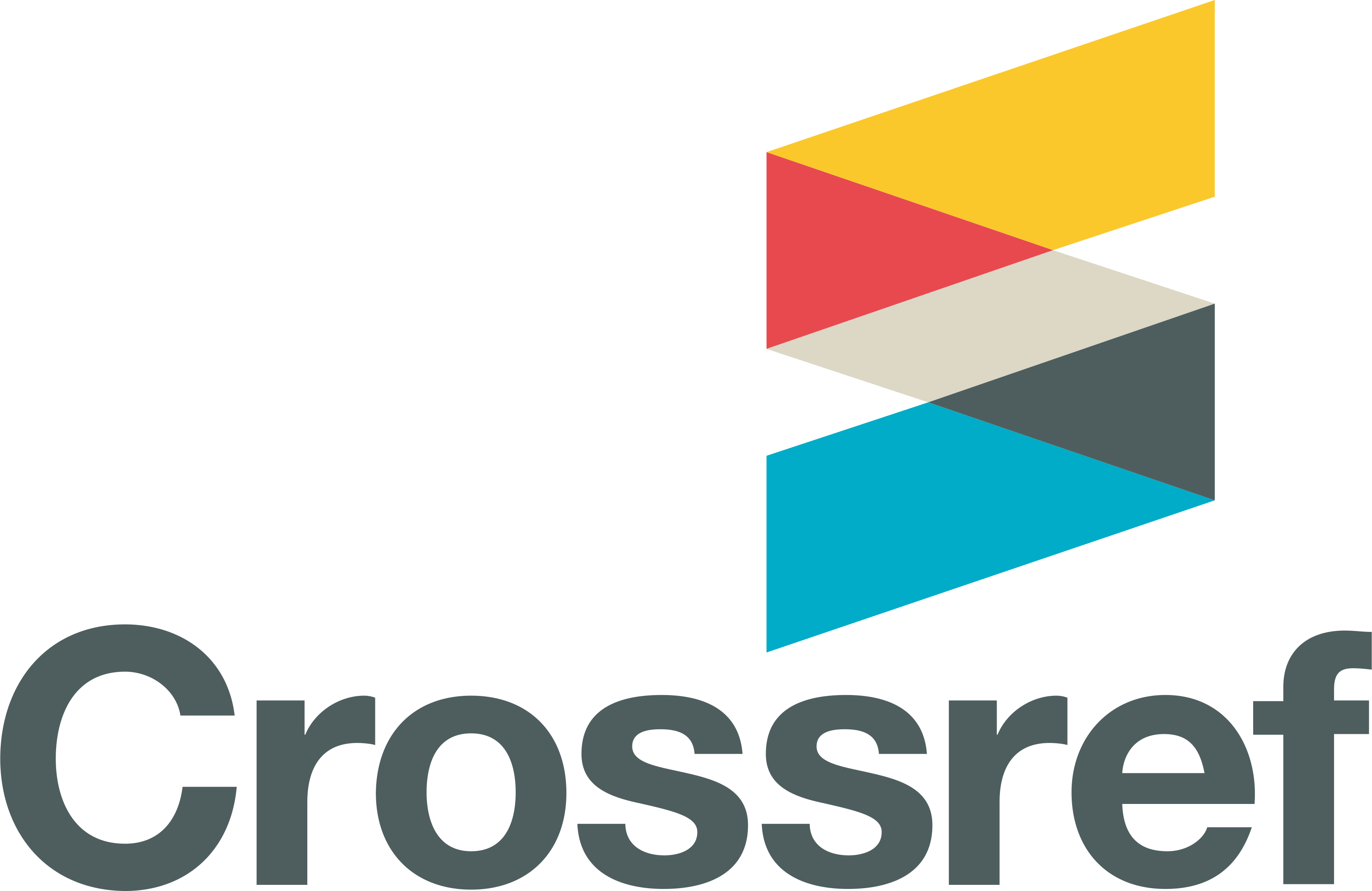Perceived Economic Impacts of the Projects Under the Community-Based Forest ManagementComprehensive Agrarian Reform Program (CBFMCARP) in Caraga Region
DOI:
https://doi.org/10.54610/jeseg.v7i1.174Keywords:
Rural Livelihoods, Forest-Based Enterprises, Agroforestry Development Rural LivelihoodsAbstract
The Community-Based Forest Management-Comprehensive Agrarian Reform Program (CBFM-CARP) is a national strategy designed to empower local communities through sustainable forest resource use and improved livelihoods. This study assessed the perceived economic impacts of the CBFM-CARP projects among nine People’s Organizations (POs) in the Caraga Region, Philippines. Using the standardized assessment tool from FMB Technical Bulletin No. 9., the study evaluated household income changes before and after project implementation through one-on-one assisted interviews with 129 direct project beneficiaries. Findings revealed that the estimated contribution of CBFM-CARP interventions to total household income ranged from 24% to 62%. Eight out of nine POs showed a statistically significant increase in household income after project implementation (α=0.05), indicating the positive effect of agroforestry, mangrove rehabilitation, and livelihood diversification supported by the program. The study also documented increases in net farm-based income, particularly among upland beneficiaries involved in rubber, falcata, and fruit tree cultivation. Meanwhile, coastal POs engaged in mangrove rehabilitation showed mixed outcomes. Overall, the CBFM-CARP projects have contributed meaningfully to improving household income and socio-economic conditions of participating communities, while promoting sustainable forest resource management. The findings support the continued integration of community-based forestry and agrarian reform initiatives to foster inclusive rural development.
Downloads
Published
How to Cite
Issue
Section
License
Copyright (c) 2025 Julie Rose D. Apdohan

This work is licensed under a Creative Commons Attribution-NonCommercial 4.0 International License.








